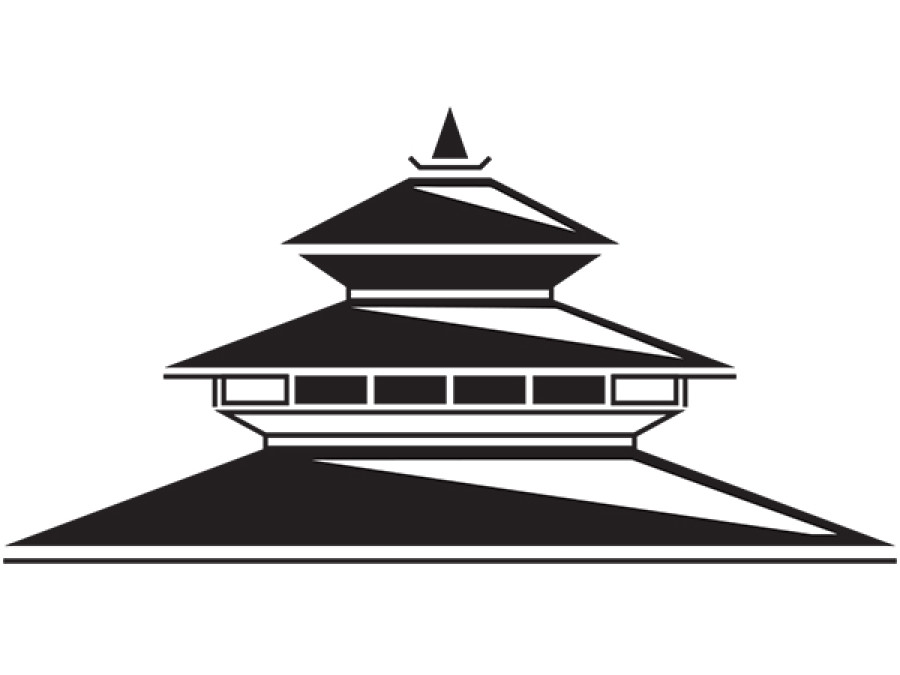Editorial
Money for nothing
The Election Commission has set candidate expenditure ceilings for the upcoming federal parliamentary and provincial assembly polls, which are to be held in two phases on November 26 and December 7.
The Election Commission has set candidate expenditure ceilings for the upcoming federal parliamentary and provincial assembly polls, which are to be held in two phases on November 26 and December 7.
The two polls are also split into two parts: directly elected First-Past-The-Post (FPTP) and party-based Proportional Representation (PR) races. Taking the respective ceilings, the number of candidates contesting polls and the number of seats available in mind, conservative estimates warrant that a whopping Rs10 billion will be spent during the upcoming elections. However, given that parties rarely adhere to expenditure ceilings, estimates for expenditure amounting to Rs25-35 billion rupees would not be remiss. This is an absurd amount to spend on elections.
Parties are increasingly prioritising fund raising for electoral campaigning rather than relying on gaining support through their professed ideologies. These have turned into the most non-ideological national elections the country will hold since the restoration of democracy in 1990.
In the 2008 Constituent Assembly elections, the Maoists became the number one party, arguably because the people wanted to give the new party the benefit of the doubt and in many cases other major parties could not campaign freely in the early days post-conflict; Maoists also rode on a strong wave of identity politics.
By the 2013 CA polls, Maoists had lost their early aura and were deeply riddled by intraparty fissures and ideological impasse. Their decline contributed greatly to the Nepali Congress and CPN-UML to regain their positions of strength. Now, any voter that wants to vote on purely ideological grounds would be anything but clear about a party’s stance on key issues. The Maoists, who once stood firmly for identity politics are contesting alongside the UML, a party which has most steadfastly stood against the same. The NC, which projected itself as the rabid opposition to the Maoists in the early days post 2006 is now trying to project itself as the most tolerant major party when it comes to ethnic identity. The royalist Rastriya Prajatantra Party (RPP), despite its perceived nationalist tilt, believes its allegiance with the NC is stronger than with the left alliance.
A politician once confided that he needed 5,000 votes to win in his constituency. He estimated that, to essentially guarantee that he would receive these many votes, he would have to spend Rs10 million. He would moreover need to spend at least a couple million more to sustain the upkeep of the party cadres who canvass the constituency to promote the candidate over the course of the elections.
How can a person fighting for a seat that on average pays Rs58,000 per month sustain such heavy spending for elections? Moreover, with all this talk of advertisement, spending and vote buying, where is mention of the policies and agendas the candidate is standing for? The answer here is clear: Politicians no longer work to promote agendas, policies and ideologies and they have completely embraced monetary patronage to win elections-at the cost of their integrity and their viewpoints.




 14.24°C Kathmandu
14.24°C Kathmandu














